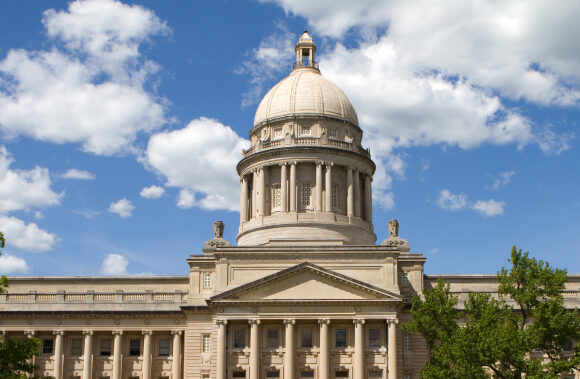The Supreme Court’s decision regarding in-person registration requirements appears to be causing Nevada to lose ground in the sports wagering sector, as well as in the significant recurring revenue collection.
After the Supreme Court’s 2018 decision on PASPA or Professional and Amateur Sports Protection Act, it was generally anticipated that Nevada will no longer have the exclusive right to regulate sports betting in the United States.
The sports wagering sector in Nevada was not prepared for the magnitude of the impact this ruling would have. As a result, the state has been largely marginalized, and it has been unable to fully capitalize on the sector as it had been doing up until this point. Additionally, there has been a significant reduction in revenue generation. It is indeed serving as an exceptional dampener in every respect.
The in-person listing necessitates that all individuals visit a casino in order to establish a mobile sports wagering account. Each account opening requires repeating this process. As this pertains to each casino they have selected, the burden of conducting personal visits befalls the individuals in question.
The industry has clearly expressed its disagreement with the ruling, citing various practical reasons. For instance, Nevada-based gamblers are totally against the idea of physically visiting the Strip to register with big-time players such as BetMGM, Caesars Sportsbook, and Superbook. Only the sports betting apps developed by Boyd Gaming and Red Rock Resorts are available to locals who would rather not venture to downtown or the Strip.
The disparity between Arizona and Nevada is expected to widen until the latter eliminates the need for in-person registration. Some experts estimate that Arizona might achieve a yearly income advantage of $100 million to $200 million over Nevada. That is to say, unlike Nevada, Arizona is running a budget deficit due to outdated regulations.
Furthermore, the ruling is preventing major players, including DraftsKing and FanDuel, from conducting their operations in Nevada, which will result in an additional setback if they intend to depart the industry.









